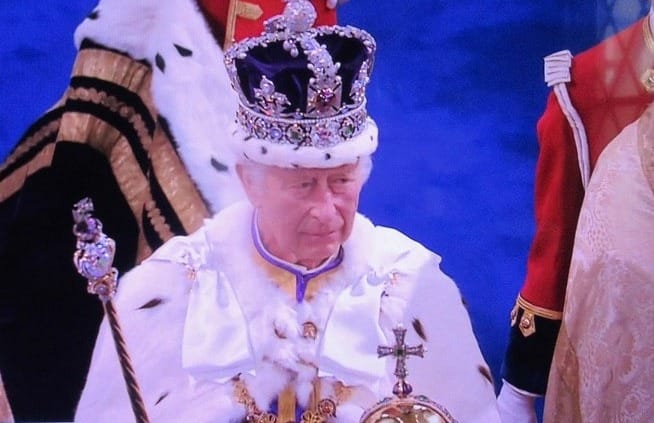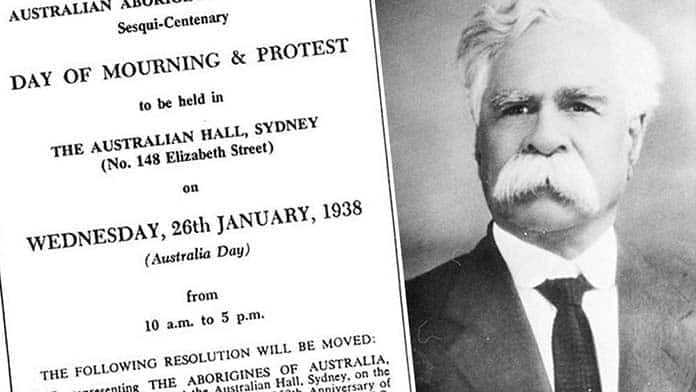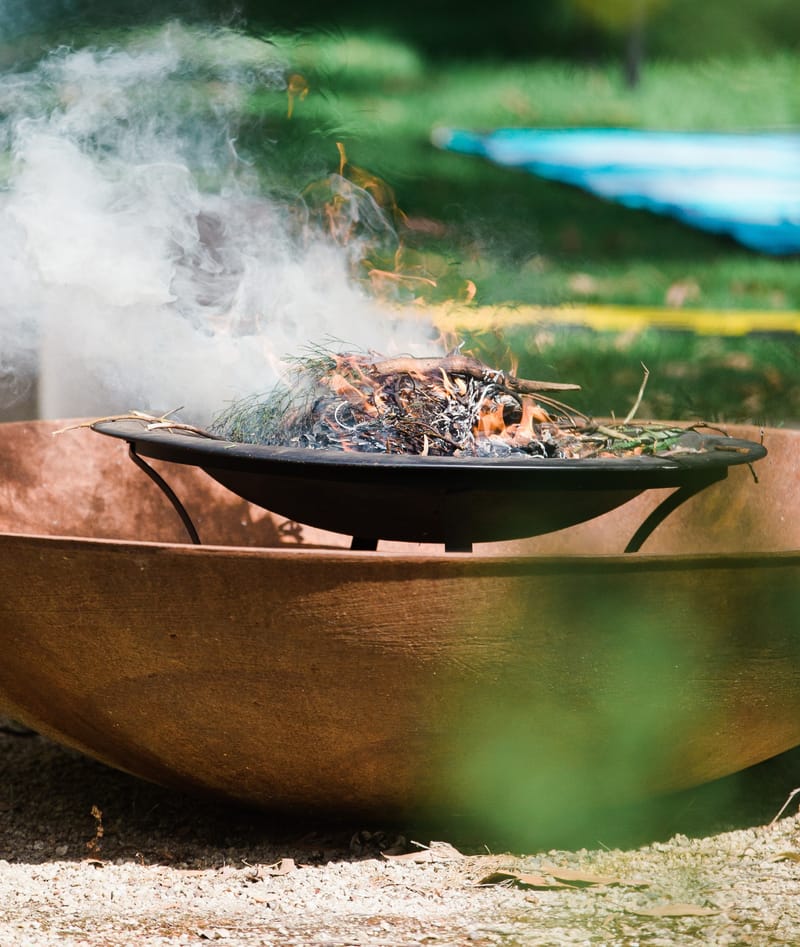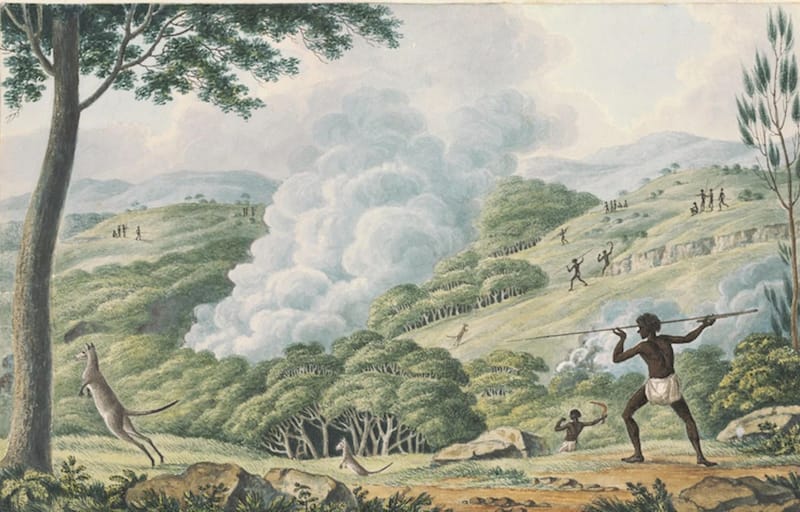
On Saturday night, as the new King of England was being crowned, I found myself caught in the crux of our nation’s juxtaposition.
As the horses were parading amid the pomp of the King’s coronation, and bejewelled guests arriving, I was wading through an unfinished thesis chapter about the impacts of settler colonisation in health professional education. The reality of our current state could not have been made starker.
My protracted journey through a PhD has coincided with many structural wake-up calls. One of those was the death of the Queen, and now the crowning of the King.
Read more: The Queen’s death: An opportunity to lean into a conversation of authenticity
I do not consider myself to be anti-royal; rather, I just do not identify with its relevance in the same way any longer.
Instead, I feel that my allegiance lies with the country I’m in, with the people here, and with full recognition of Aboriginal and Torres Strait Islander peoples as the First Nations peoples.
I’m aware of our shared settler-colonised reality, and I prefer to recognise my place in the timeline of my own settler-colonial story – of how I came to be here, and for Aboriginal and Torres Strait Islander peoples to be recognised in our constitution.
In this way, my hope is that Australia can progress towards a more authentic state.
The inclusion of First Nations perspectives during the coronation commentary on the ABC on Saturday night sparked mixed responses.
Viewers were searching for their remotes during the first part of the ABC’s Coronation coverage due to Q+A host Stan Grant’s comments. https://t.co/h1y7eIv80n— news.com.au (@newscomauHQ) May 7, 2023
As uncomfortable as these perspectives might make some people, the inclusion of this commentary regarding events such as the coronation is a significant step in the right direction.
This truth-telling may have spoiled the enjoyment of the royal event for some, but could also be received as an opportunity for learning; for a deeper understanding of our shared reality.
In fact, if these perspectives were not included, what does that say about us?
A real-time reckoning
This is real-time reckoning, and I’m grateful for the courage and strength of those who contributed to the honest dialogue, which included recognising that First Nations peoples would view the coronation as a continuation of the damage created by colonialism.
As a nation that claims it’s committed to “reconciliation”, we’re lagging well behind. I wonder how many non-Indigenous Australians realise this.
I understand if you don’t, and I’m ashamed to say it’s taken me a PhD to do the digging to really figure this out for myself, but we cannot stay in the dark on this.
For example, in 2007, after decades of struggle by Indigenous peoples and allies, the United Nations adopted the United Nations Declaration on the Rights of Indigenous Peoples (UNDRIP), setting minimum standards for the survival, wellbeing and dignity of Indigenous peoples around the world.
The UNDRIP is needed because Indigenous peoples have been forced to continue to fight for the recognition and preservation of their rights – rights that non-Indigenous people largely take for granted.
Initially, Australia voted against it, but has since indicated support. One of those rights is for Indigenous peoples to have a say about matters that relate to them. How is that unreasonable to the rest of us, given that it’s supported by the guiding documents of the United Nations?
As a nation that claims it’s committed to “reconciliation”, we’re lagging well behind. I wonder how many non-Indigenous Australians realise this.
If we’re to progress together, I can’t see how we can continue with the same old ways.
Including First Nations perspectives in the commentary of the royal coronation was one way that First Nations peoples were able to have a say about matters that relate to them.
Perhaps the proposed Voice to Parliament is another way the UNDRIP can be implemented. But most importantly, being willing to listen and to understand is something we can all do.





